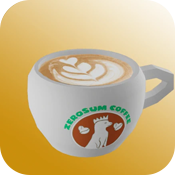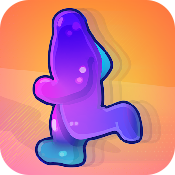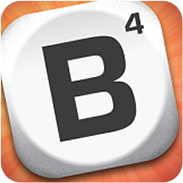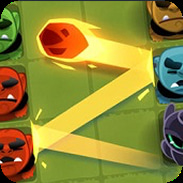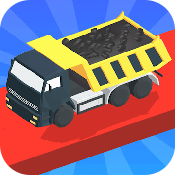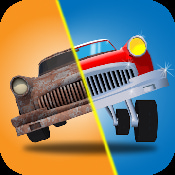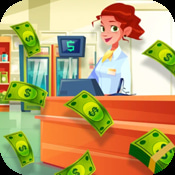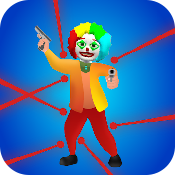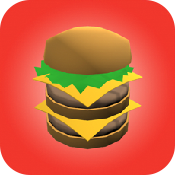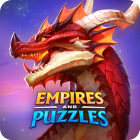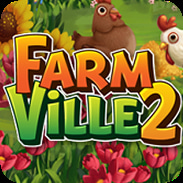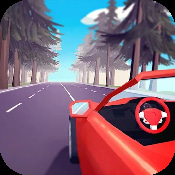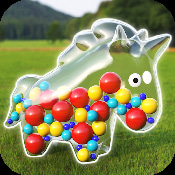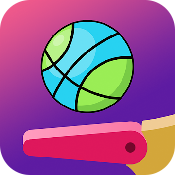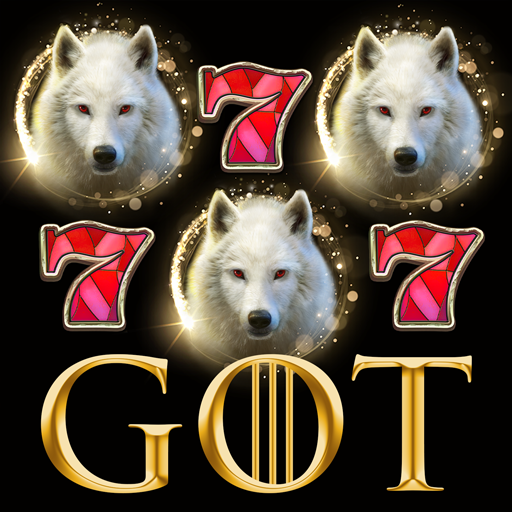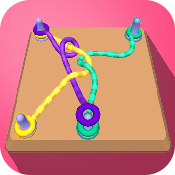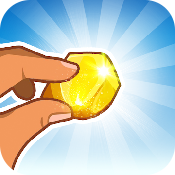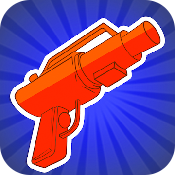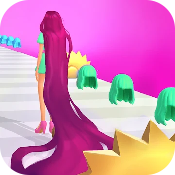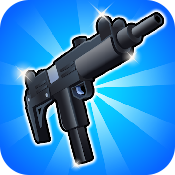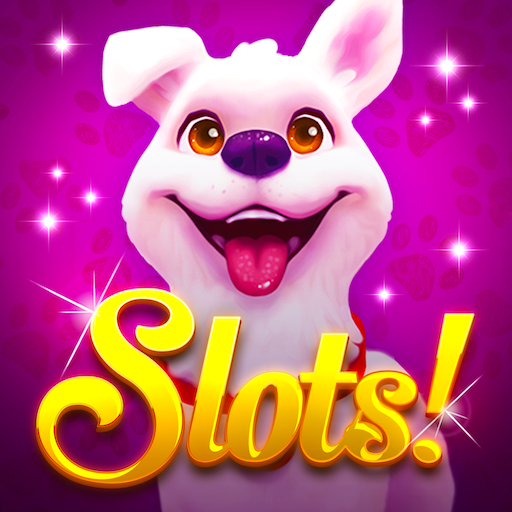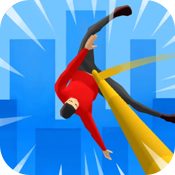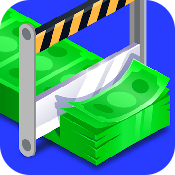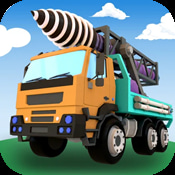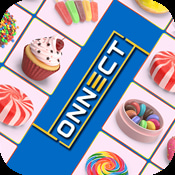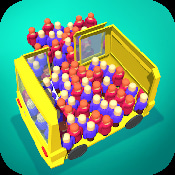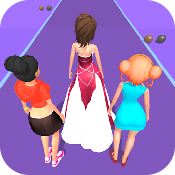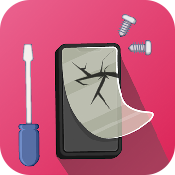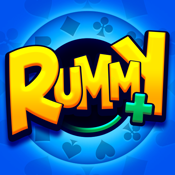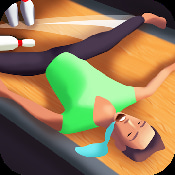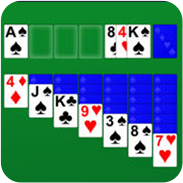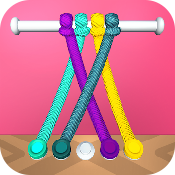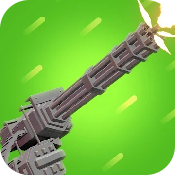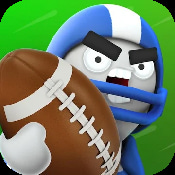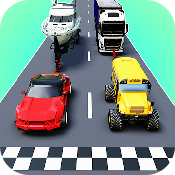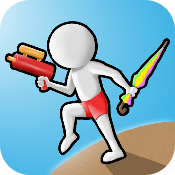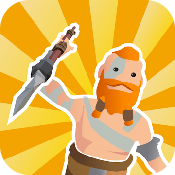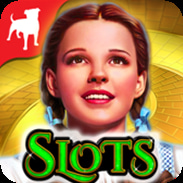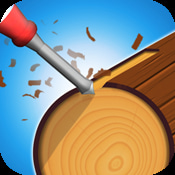Employee Profile – James Nicholls
Having joined Zynga in January 2020, James Nicholls is the General Manager of our new NaturalMotion Racing Studio in Birmingham. Throughout his 17 year gaming journey, James’ love for the game-making process and the entrepreneurial and team-oriented culture helped him advance from programmer, to designer, to creative director and finally, general manager.
One of the most rewarding aspects of James’ career? Learning from his peers as well as mentoring others! James is especially passionate about working with students and graduates alike and witnessing them embark on their own adventures in the gaming industry.
To learn more about James, keep on reading!
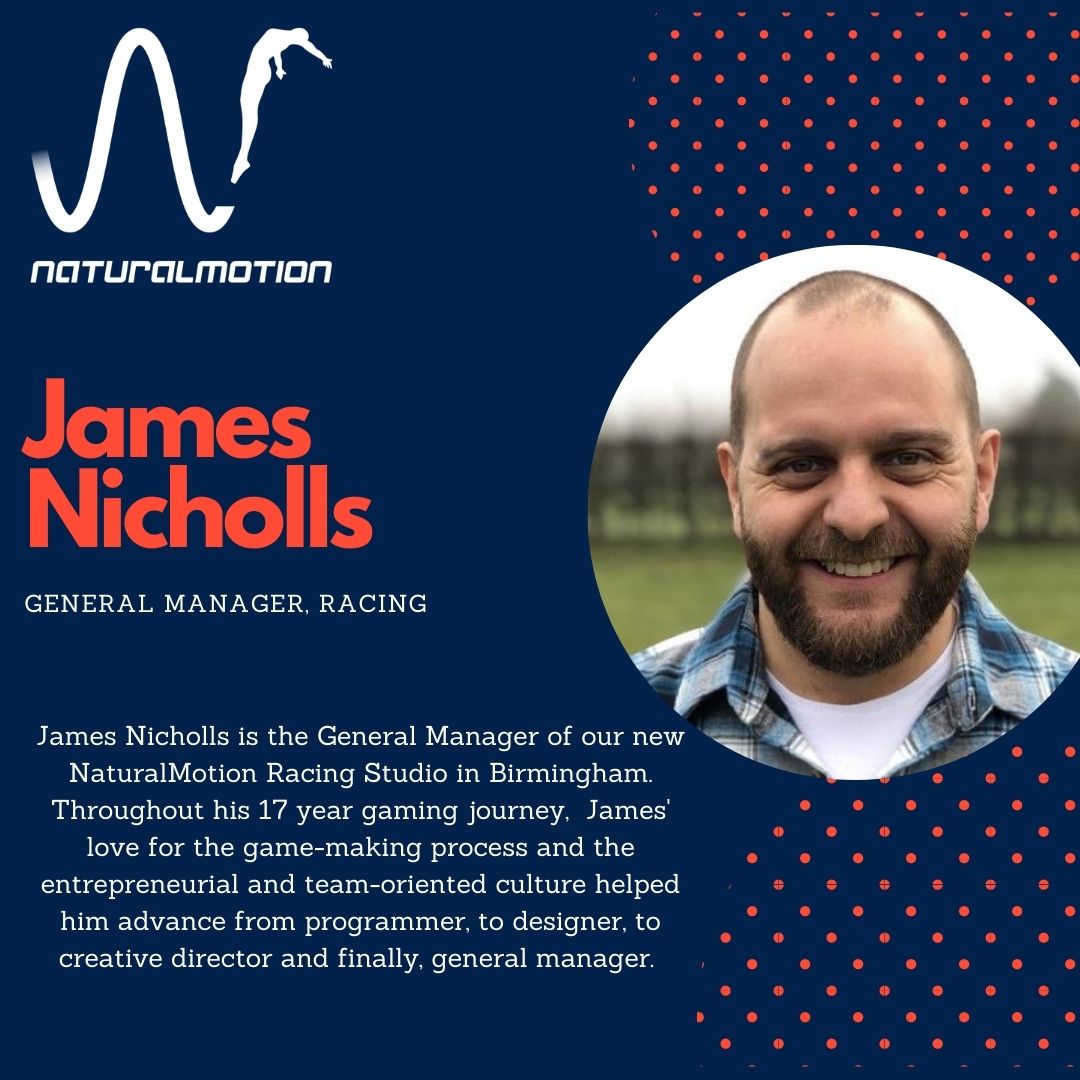
How did you come to work at NM/BA?
I’m James Nicholls and I’m the General Manager at our new Birmingham Studio. I joined in January this year, having previously been at King for 4 years and Codemasters for 7 years prior to that.
I jumped at the chance to set up a new studio, work with former colleagues like Julian Widdows and Nathan Fisher and to be based in the Midlands where I live with my family!
Tell us a little bit about your background and how you came to NM/BA.
I’ve been in the games industry ever since I left University 17 years ago! With a Computer Systems Engineering degree, started out as a programmer, then moved into games design, progressing to a lead designer and creative director at Codemasters, then a Studio Design Director at King. Whilst at King I moved into more production responsibilities for the studio and was lucky enough to oversee Candy Crush Friends Saga as it moved to London.
Whilst this is perhaps a slightly unusual career journey it’s always been linked by my love of making games with teams and seeing them released to players – ideally as many players as possible! I’m less interested in my individual role and much more the overall team effort and results.
What is your role within the team?
I’m the General Manager of our new NaturalMotion Racing Studio in Birmingham. My role is to make sure that we build a great team and that the team is motivated and engaged with the game they are working on. My job is quite wide-ranging, which I really enjoy, but I’ll be involved in anything from hiring new people to discussing our approach to building a particular piece of a game to making sure the working environment is correct for the team.
How does the mission shape the company culture?
I think within NaturalMotion Racing we feel that we have the agency and responsibility for CSR Racing. We are trusted and empowered to make that franchise as successful as can be, rather than being micromanaged, which is a great feeling when you are a competent and entrepreneurial team.
Why is a culture like this so important to you?
When making games you have to pour a lot of yourself into making a successful product. You are likely to be committing many years of your professional career towards a game that you will care deeply about and be very invested in by the time it is in players’ hands. As such, you want to feel that you have the agency to shape the outcome of that game, for better or for worse. I’ve experienced games being cancelled in my career and I’ve experienced companies changing strategy in a way that wipes out the thing you are working on. It’s very tough to take. For this reason, I love working in an environment where it’s clear what is our responsibility to shape and we are entrusted to own the success of the game.
What would someone be surprised to learn about your company or profession?
I think games-making is poorly understood outside of the industry itself when compared, say, to music and film. People consistently underestimate how technically challenging games-making is for all disciplines and how hard it is to create something that will be enjoyed by tens or even hundreds of millions of players across a global international audience. I think a common misconception is that coming up with ‘an idea’ for a game is the hardest part whereas really that’s a relatively short phase that many people can do. The really hard bit is then turning that high level idea into reality – breaking it down so scores of people can work on it, plan it, make it, fix all the issues and do so in a way that feels like a cohesive whole. It’s an incredibly sophisticated process if done correctly!
How would you describe the people within NM/BA?
Smart, engaged, motivated and ambitious! There’s a high level of professionalism and a great blend of experience and fresh talent from various games industries. I’ve worked in both mobile and console/PC games development in my career and it feels like the people working in NM Racing bring a nice blend of both. There’s the AAA production value mindset of pushing the graphics, audio and presentation as far as the hardware will allow but there’s also that focus on the players and how to evolve the product over time that comes with mobile development. It’s a really nice mix!
What is the overall mission of the team?
In Birmingham we’re collaborating with our sister studio in London to work on future games for NaturalMotion, with a particular interest in how we solve for cross-platform gaming.
How does it feel when you see your work in a real life setting?
For me personally, that’s the greatest feeling – that’s my main motivation for making games! It doesn’t matter if it’s someone playing an early prototype behind closed doors in a test lab or someone playing the finished article on their phone during their commute; it always makes me giddy with excitement to see someone who actually took the time to play something we worked on!
Tell me how the company supported your growth?
I’m relatively new to NaturalMotion having joined in January 2020 but I’ve been massively impressed with the effort the team has gone to in terms of onboarding me, introducing me to the people I need to know to carry out my role and providing me with the platforms for my development. The provisions for training and self-improvement are really impressive and within my first weeks of joining I was being whisked off for Agile Product Owner training!
What is a common misconception your industry faces and what is the reality?
Games making is really difficult and I don’t think many people realise that! Games making as a profession is poorly understood and as a result I think games are often not given the respect in terms of their creative accomplishments and people often have unrealistic expectations about what is possible for game makers to achieve. Games have to tackle bleeding edge hardware, rendering techniques, AI, state-of-the-art digital artwork, contemporary UX design, audio and deliver this in a package to hundreds of millions of people around the world in a way which is stable and secure! Then outside of the game itself, there are state of the art challenges for organising large, complex, international teams and marketing digital products to global audiences, as well as analysing the data produced by millions of players every day!
There are many industries that solve for a subset of these problems but few I can think of that have to solve for all of them at the same time to achieve success. I would love for this to be better understood by more people. I think as the craft of games making becomes better understood, we’ll see more and more people want to build a career in this fascinating industry.
How do you support the game development community?
One of the areas I find really rewarding is working with students and graduates who are taking their first steps towards the games industry. It’s super satisfying to work with promising, talented young game makers and then see them launch their careers and go on to great adventures. I’ve been involved in graduate schemes, mock interviews and campus outreach programmes and I always find these kinds of events intrinsically very rewarding.
Do you have any mentors or leaders that have helped or inspired you throughout your career?
Yes, I have been lucky to have learned from some really experienced games makers in my career and continue to learn what I can from those I work with, at all levels of experience. One of the major reasons for me joining NaturalMotion was the chance to work again with Julian Widdows who had a big impact on my career as a designer. Julian was key in helping me to think more from a ‘product design’ perspective of what your audience’s wants and needs are, and less about what I found personally interesting within a game. That has stuck with me throughout my career since.
I also personally love mentoring others, and find this to be an intrinsically rewarding part of the job.

